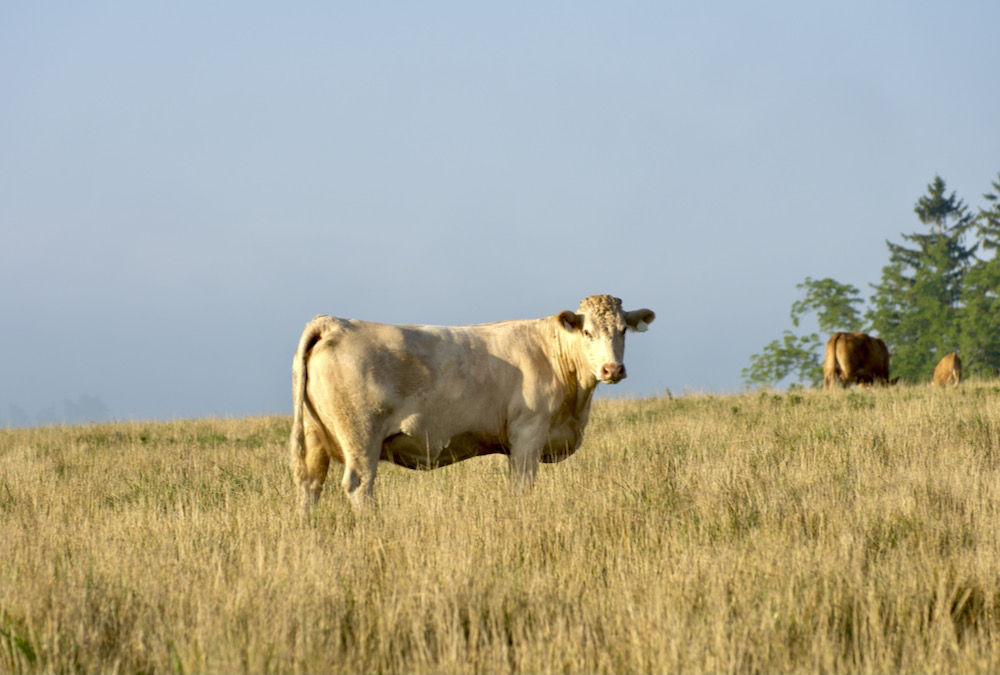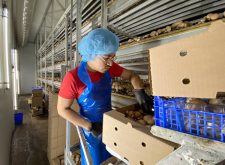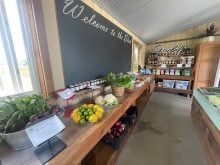We hear a lot about innovation and how agriculture will be transformed in the coming years. The fact is that agriculture is in a state of continual transformation. Exactly where the livestock sector goes depends on how well the five stages of our innovation system work and interact.
The five stages are funding, research priorities, project management, extension and commercialization. A weakness in any of these can lead to less than optimal results at the farm and industry levels.
Livestock Research and Innovation Corp. (LRIC) has enlisted the help of five international experts in the field of innovation to identify opportunities for improvement in Ontario’s system.
Read Also

Conservation Authorities to be amalgamated
Ontario’s plan to amalgamate Conservation Authorities into large regional jurisdictions raises concerns that political influences will replace science-based decision-making, impacting flood management and community support.
Committee members include Dr. Stan Blade, Dean of Agriculture at the University of Alberta; Dr. Steve Miller, Deputy Director at Animal Breeding and Genetics Unit, Australia; Brian Lindsay, Livestock Sustainability Consultant, England, Dr. Paul Dick, Veterinary Consultant; and Roberto Soares, Ceva Animal Health.
They will bring forward recommendations that LRIC, industry, government and the University of Guelph can consider to improve our livestock innovation system. From work done to date, some things stand out.
In Ontario, we are fortunate to have livestock producer groups, government and a world-class university all highly committed to research. The new livestock research facilities at the University of Guelph near Elora provide researchers with a fantastic opportunity to conduct leading-edge projects.
A significant contribution toward agricultural research is made by the provincial government through what is known as the Ontario Agri-Food Innovation Alliance, a funding agreement between the province and the University of Guelph.
With all governments facing budget pressures as we come out the other side of the pandemic, it will be important for everyone to ensure that funds (government and industry) are available to get full value from the new facilities.
Extension may be gone as we knew it prior to 1990, with some livestock sectors having filled the void to greater or lesser degrees. There clearly is confusion about roles and resources.
To avoid language confusion, LRIC has chosen to use the term GRIP or Getting Results into Practice and we are involved in several initiatives to help find a new and better system.
At the end of the day, farmers will decide which innovation options they implement. They need access to credible information on opportunities and challenges facing their industry.
These include, but are not limited to, livestock and greenhouse gas, antimicrobial use and resistance, One Health, regenerative agriculture, genomics, water use, animal-free meat, milk and eggs, and the future of vaccines. LRIC’s Horizon Series of webinars and white papers was initiated to inform farmers and others on these important topics.
Innovation really is all about change and change is all about people. One of the most important things that will determine how well research results are adopted by farmers is how well researchers are connected with industry.
In 2020 LRIC offered a new mentorship program for early-career researchers at the University of Guelph. This initiative has been well received by producer groups and the university. Nine researchers from Ontario Agricultural College, Ontario Veterinary College and the College of Engineering and Physical Sciences participated.
We hope to build close relationships between researchers and industry that lead to better research proposals and better presentation of results in the way and language that resonates with the audience.
Innovation is about change and the innovation system itself must change to improve.
Mike McMorris is Chief Executive Officer of the Livestock Research Innovation Corporation and has more than 30 years’ experience in the livestock sector working for government, producers, and industry organizations. Follow LRIC on Twitter: @LivestockInnov.












